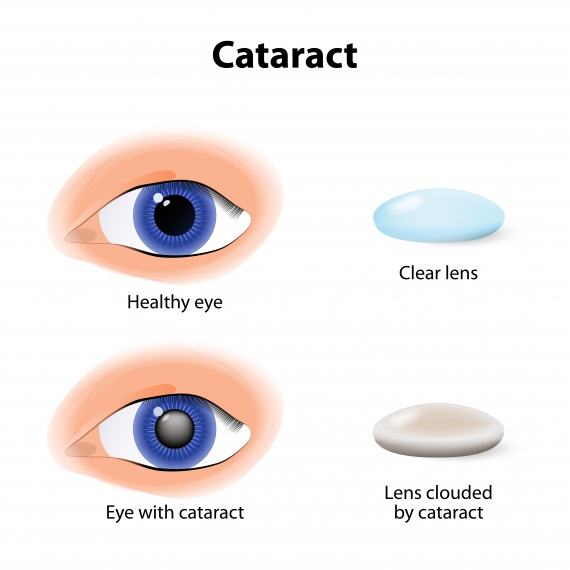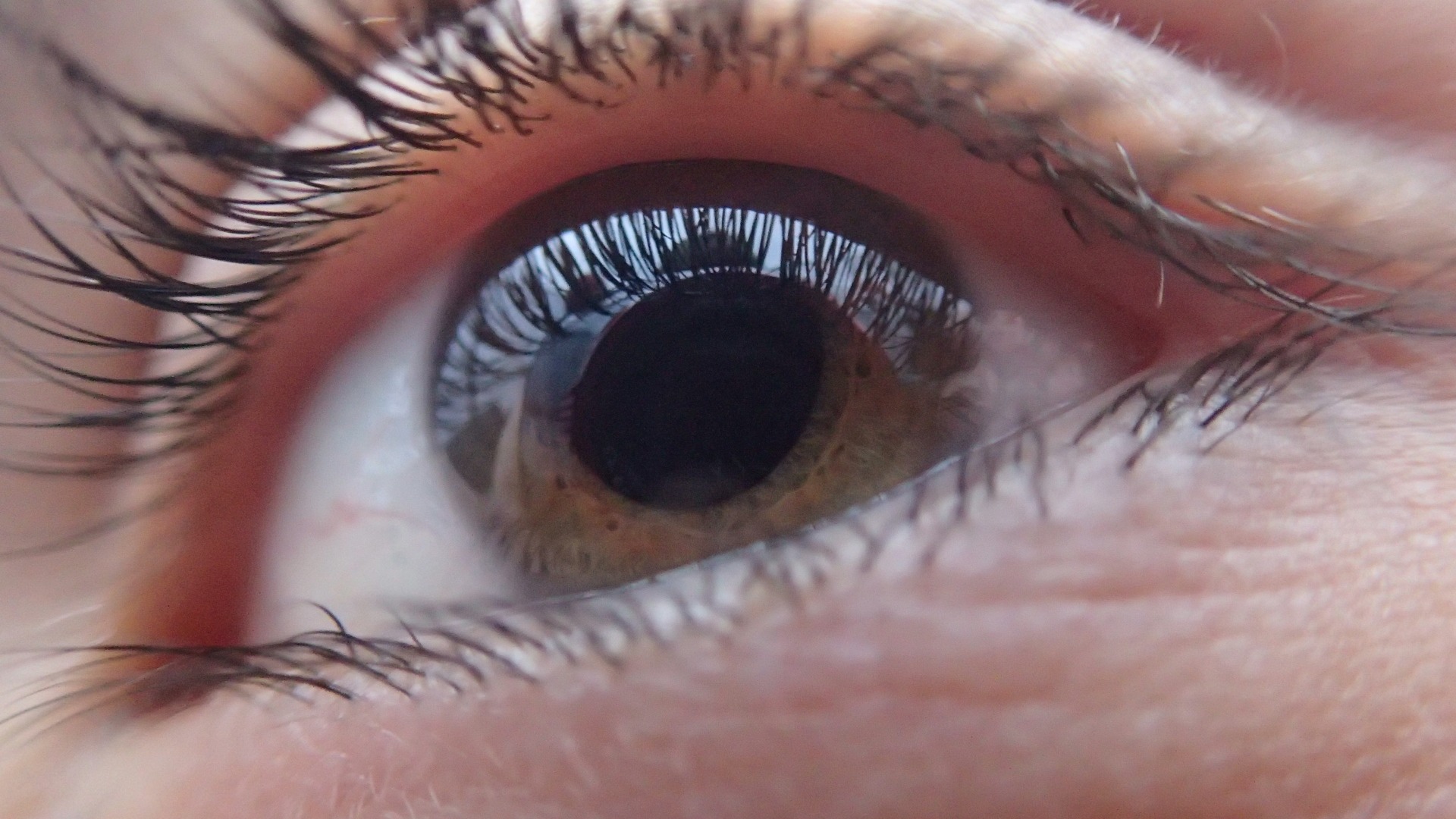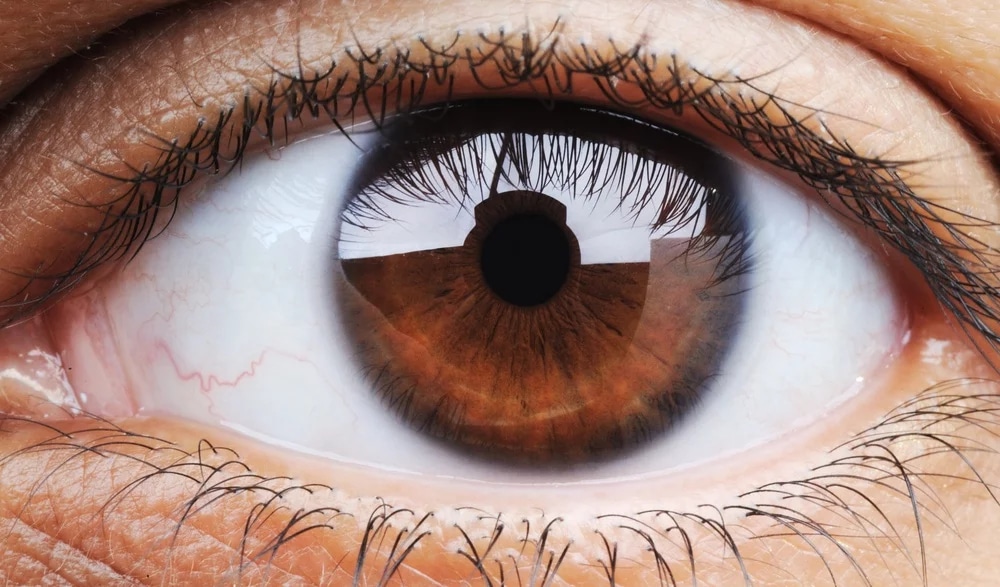Antwort How many people have 20 20 vision after cataract surgery? Weitere Antworten – Do most people see 20 20 after cataract surgery

It is not uncommon for a patient to experience new visual sensations and perceptions immediately after cataract surgery in both eyes. Generally speaking, vision of 20/20 in one eye and 20/25 in the fellow eye is a very good result.Researchers say 30% to 50% of people who had cataract surgery need glasses after cataract surgery. Whether you'll be one of them is based on several factors.During early recovery, patients will be able to see, but not in clear, but rather, soft vision. Within 48 hours, many cataracts patients see significant improvement in their vision. It is possible that your vision could take one to two weeks to adjust and settle.

Can I have normal vision after cataract surgery : As the eyes heal and adjust, some patients may experience blurry vision. Patients usually experience clear vision the day following the surgery. However, for some people vision can take several days to return to normal. Patients should prepare for other mild side effects as their vision clears after cataract surgery.
Why don’t I have 20 20 vision after cataract surgery
Despite good cataract surgery, vision will not be 20/20 if an incorrect IOL power has been calculated. If anterior and posterior segment examinations are within normal limits, this points toward refractive error as the cause of decreased vision.
Is cataract surgery 100 percent successful : How successful is cataract surgery Cataract surgery is successful in improving vision in about 97% of people who have it.
So, yes, cataract surgery improves vision – usually as soon as the next day – and for some people, it's even better than before. But it mainly depends on the condition of your eyes.

In general, after cataract surgery people do not need glasses for distance viewing– this means for activities such as driving, golf or watching TV, you should not need to continue wearing glasses. However, in many circumstances people still may need glasses for reading or near work.
Why are my eyes still blurry after 2 months of cataract surgery
Sometimes blurry vision is caused by PCO, a fairly common complication that can occur weeks, months or (more frequently) years after cataract surgery. It happens when the lens capsule, the membrane that holds your new, intraocular lens in place, becomes hazy or wrinkled and starts to cloud vision.Let your ophthalmologist rule out other causes
The main point here is this: if you experience blurry vision at any time—2 years after cataract surgery or at any other point—then you need an expert diagnosis. This is when you pick up the phone and book an appointment with your ophthalmologist.After surgery, your brain may need time to adjust to the new lens and how light is entering your eye. Swelling and inflammation: It is normal for the eye to be slightly swollen and inflamed after cataract surgery, which can affect your ability to focus and read. This usually subsides within a few days or weeks.
Posterior Capsular Opacification
PCO can cause blurry or distorted vision. This condition is fairly common for patients receiving cataract surgery. Approximately 20% of patients experience PCO within 2–5 years of their procedure. However, a quick surgery known as posterior capsulotomy can help restore your vision.
Why is my vision 20 30 after cataract surgery : CSCR causes blurred or distorted vision (metamorphopsia) with visual acuity varying from 20/30 to 20/200. The condition can worsen due to postoperative steroid medication after cataract surgery.
What percentage of people have problems after cataract surgery : The most common complication was posterior capsule rupture, reported in 0.41% of patients, most of whom ended up with excellent vision, followed by zonular dialysis (0.37%), iris trauma (0.16%), retained lens fragments (0.11%), anterior capsule tear (0.09%), hyphema (0.05%) and other (0.05%).
Why do people’s eyes look different after cataract surgery
Cataract surgery doesn't affect how your eye physically looks. The color of your iris doesn't change, and the IOL isn't visible. You may, however, notice some temporary side effects: Slight bruising at the anesthesia injection site, which should fade within a few days.
The simple answer is that they're intended to be permanent, but some complications can arise that may require additional surgery or treatment. When the eye's natural lens is replaced with an artificial lens, the fear of cataracts forming on the new lens is eliminated – in that sense, the results are permanent.Cataract surgery removes the front part of the lens but leaves the back in place. That's where you may get a secondary cataract, also called posterior capsule opacification (PCO). When that happens, your vision may get cloudy again. It usually happens eventually after cataract surgery.
Why is my vision blurry 18 months after cataract surgery : A person's eyes should feel better by 1–2 days afterward. However, it may take up to 8 weeks to completely heal. If a person's vision starts blurring again years later, they may have developed posterior capsule opacification (PCO). PCO occurs in 20–50% of people within 2–5 years of cataract surgery.





